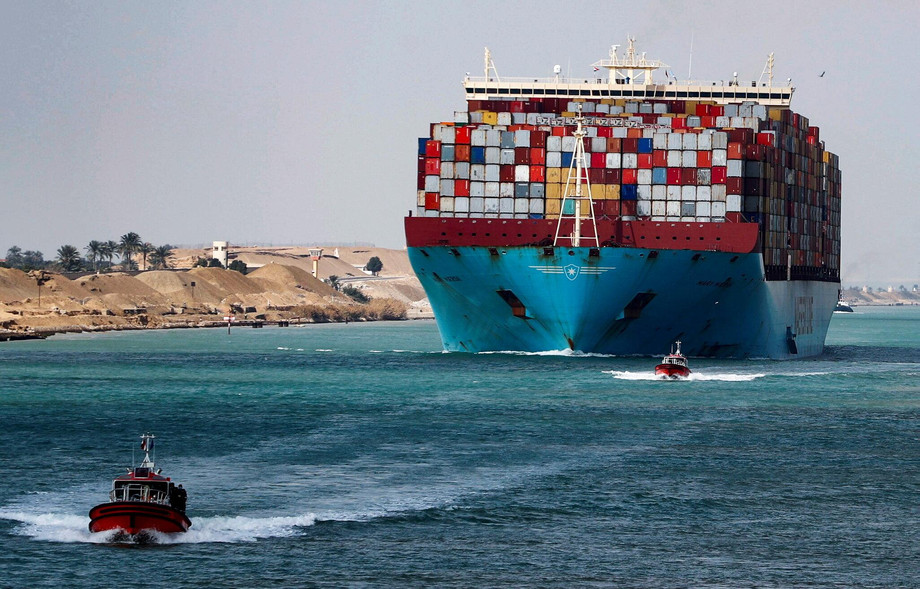For the past two months, relentless missile, drone, and hijacking attacks on civilian ships in the Red Sea have triggered the most significant disruption to international trade in decades. The ongoing assaults by Houthi militants, in the aftermath of the Israel-Hamas war, have led to a major shift in shipping routes, impacting costs for shippers worldwide.
Despite retaliatory strikes and multinational naval patrols, the attacks persist, forcing shipping lines to avoid the Red Sea, a vital waterway handling 12% of global seaborne trade.
Over 500 container ships, originally destined for the Suez Canal, are now taking a two-week detour around the Cape of Good Hope, adding complexity and cost to the shipping process.
Vincent Iacopella, a logistics expert, noted ‘A rapid increase in costs, comparing it to the challenges faced during the pandemic. The shipping container rates from China to the Mediterranean have quadrupled since late November’.
Major companies, including Volvo, Tesla, Tesco, and Marks & Spencer, are already feeling the impact, with production suspensions, higher costs, and supply chain delays. Maersk, the second-largest container carrier, warns of disruptions lasting several months.
Read More: https://www.axioscreditbank.com/blogs/attacks-in-red-sea-disrupt-global-shipping

